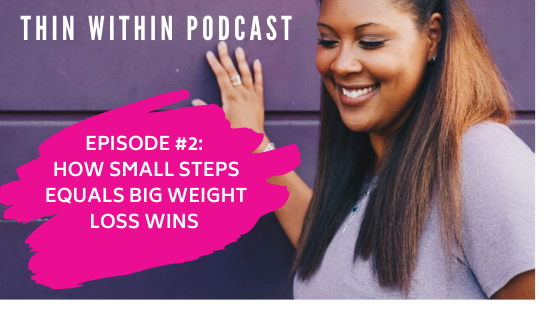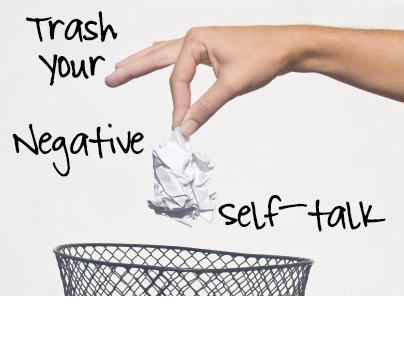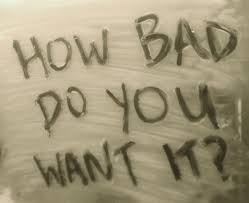Binge eating is categorized as eating large amounts of food in a short time frame, but here's what you need to know – it's not just overeating but it's feeling like you can't control your eating – once you start, you just can't stop. That's classified as binge eating.
Then, after a binge you're left feeling frustrated and desperate to create a normal relationship with food – versus an out of control one. So where do you start to get binge eating help?
According to a recent study discussed in the Journal of Consulting and Clinical Psychology, 63% of people who successfully managed their binge eating after one year did the following four things:
1. They never allowed themselves to get overly hungry to avoid out of control hunger. They felt hungry, but never overly hungry which can result in binge eating.
2. Successful participants kept a food diary to make what they were eating and how they were eating top of mind.
3. In addition to keeping a food diary, successful participants wrote down what triggered their behaviors so that they could begin to see patterns. I love this because once you are aware of your personal triggers, you can start to make changes.
4. They met with a coach/therapist/supportive person to keep them focused on a regular basis for 3-6 months. Studies find that meeting with someone on a regular basis holds you accountable and moves you through a program. It provides a deep connection of accountability, support and a safe place to explore feelings. It's a crucial element to managing binge eating.
We get such great results for our Gold members because we advise the very same thing – we never want our members to ever get overly hungry, we recommend journal writing to track thin behaviors (not food), we go through a whole process addressing triggers, and our gold members meet with us several times each month for six months.
It works!
How many of these are you doing on your own to end binge eating in your life? I would love to hear from you!
Big hugs,
Marna

















Leave A Comment